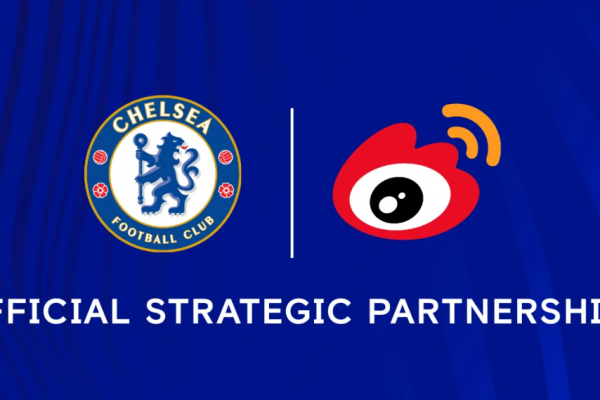The International Olympic Committee (IOC) has announced the composition of its advisory committee on Human Rights.
This follows the approval of its strategic framework on human rights by the IOC board in September. Nine members, the majority of them are independent.
Created in 2018 as a direct result of Olympic Agenda 2020, the IOC Advisory Committee is composed of nine members with a majority of independent external experts, including representatives from the Office of the High Commissioner for Human Rights (OHCHR), civil society and TOP Partners. All have been selected for their knowledge of sport and human rights. Four of them are IOC members, including two athletes. Six are women and three are men, coming from all the continents.
Phumzile Mlambo-Ngcuka as new Chair
The Committee will be chaired by the former United Nations (UN) Under-Secretary-General and Executive Director of UN Women, Dr Phumzile Mlambo-Ngcuka, and she will bring a wealth of expertise to the Committee. She was UN Under-Secretary-General and Executive Director of UN Women from August 2013 to August 2021, and prior to that served as Deputy President of South Africa, where her focus was on combating poverty.
Dr Mlambo Ngcuka succeeds the former UN High Commissioner for Human Rights, HRH Prince Zeid Ra’ad Al Hussein, who decided not to continue in this position. Prince Al Hussein played an instrumental role in building the basis for the IOC Strategic Framework on Human Rights.
“We are extremely pleased and honoured that Phumzile Mlambo Ngcuka has accepted to chair the IOC Advisory Committee on Human Rights,” said IOC President Thomas Bach. “Mrs Mlambo Ngcuka has devoted her career to issues of human rights, equality and social justice, and her experience will help the IOC enhance respect for human rights across our three spheres of responsibility.”
He continued: “I would like to thank Prince Zeid Ra’ad Al Hussein for his work and invaluable contribution that laid the foundation of the IOC Strategic Framework on Human Rights for the Olympic Movement.”
HRH Prince Al Hussein said: “I welcome the IOC’s public commitment to the UN Guiding Principles on Business and Human Rights, which is part of the new Strategic Framework on Human Rights. I am glad that I could be part of the journey that led to the approval of this document, which represents a significant step for the organisation. I wish all the very best to my successor Phumzile Mlambo Ngcuka,” he concluded.
“I am a firm believer that we can only build a fair, safe and peaceful world if there is universal respect for equal rights of all human beings. The respect of human rights must be inherent to the work of all organisations, and the IOC has fully understood this with the approval of its Strategic Framework on Human Rights”, said Dr Mlambo Ngcuka. “It is a privilege for me to provide guidance and deliver, together with the other eight members of the Advisory Committee, on the IOC’s commitment to respect human rights at all levels of its activities.”
The members of the IOC Advisory Committee on Human Rights are:
External independent member
Ms Sylvia SCHENK, OLY bridges the worlds of sport, human rights and integrity. She was Senior Advisor for Sport at Transparency International, and previously served as the President of the German Cycling Federation and as a member of the Management Committee of the International Cycling Union. She is the Chair of the Working Group on Sport at Transparency International (TI) Germany. A former athlete and a lawyer by training, specialised in Compliance and Human Rights, Ms Schenk has a good relationship with civil society actors active in the world of sport, and is currently a member of the Sport and Rights Alliance (SRA).
Ms Lene WENDLAND is the Chief Officer in the Business and Human Rights Unit at the UN OHCHR in Geneva. She is an expert on the UNGPs. Her office produces interpretive advice, guidance and training relating to the dissemination and implementation of the UNGPs for states, business, civil society and other relevant stakeholders. Ms Wendland has advised sport bodies on their human rights strategies in the past.
Ms Clare IERY is the Chief Human Rights Counsel, Senior Director at P&G. In that capacity, she is in charge of developing and implementing P&G’s “Respecting Human Rights” programme. In addition, she works to ensure strong governance and compliance practices, and supports P&G’s priority areas of Community Impact, Equality & Inclusion and Environmental Sustainability.
Dr Seree NONTHASOOT is a human rights expert whose work has been widely recognised in both Thailand and ASEAN. He served in the ASEAN Intergovernmental Commission on Human Rights (AICHR) as Thailand’s representative from 2013 to 2018, during which time he pioneered AICHR’s work on business and human rights and supported engagement with civil society. On 14 September 2020, the United Nations Economic and Social Council (ECOSOC) elected him to the Committee on Economic, Social and Cultural Rights (CESCR) for the 2021-2024 term.







